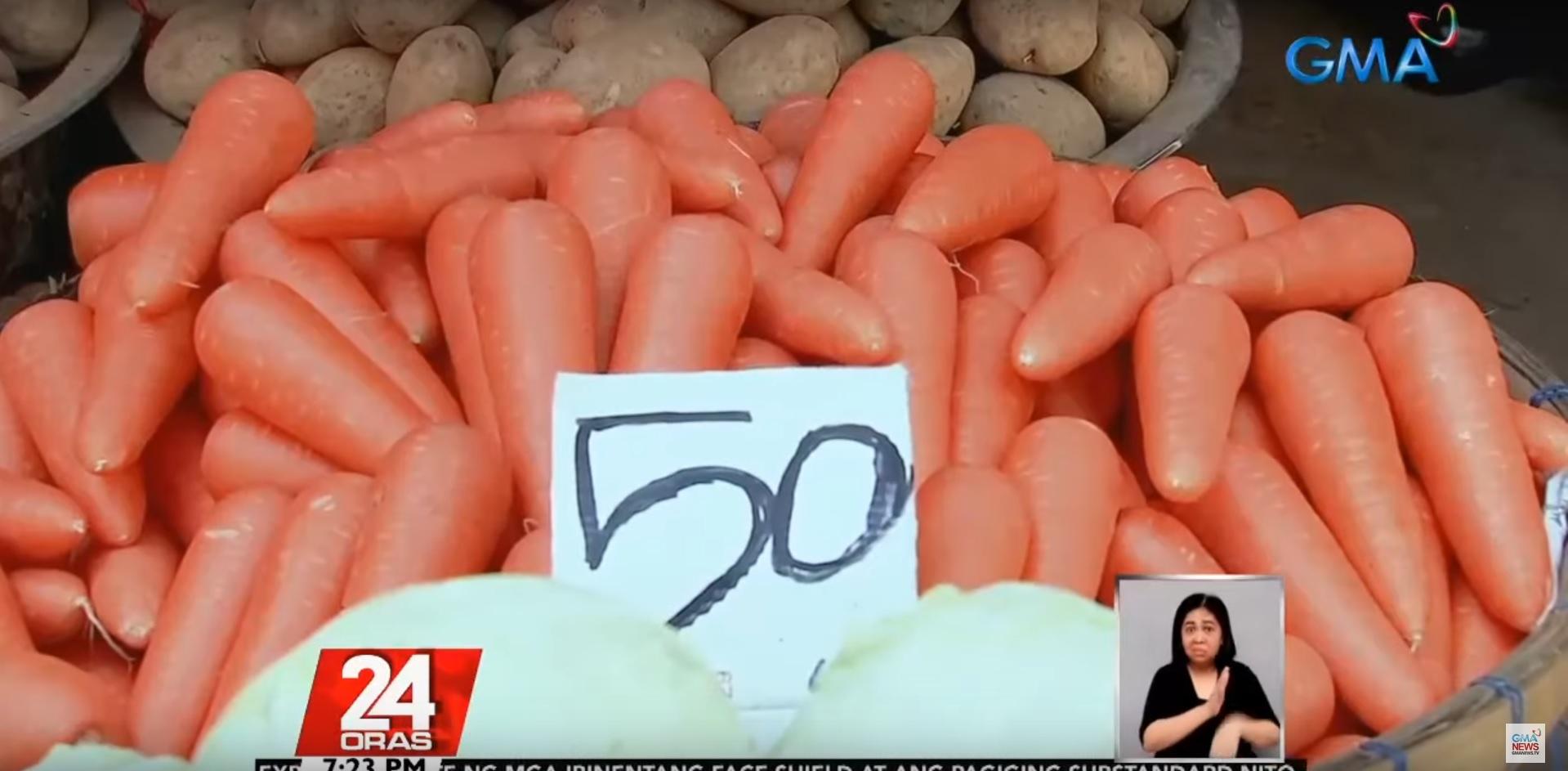Ex-agri officials oppose RCEP's ratification over ‘uncertain opportunities, real threats’

Former Agriculture Department officials said on Friday that they opposed the ratification of the Regional Comprehensive Economic Partnership (RCEP) Agreement entered into by the Philippine government.
At a Senate Foreign Relations Committee hearing, former Agriculture Secretary Leonardo Montemayor, who represents the Federation of Free Farmers, warned of the uncertain opportunities and real threats that the RCEP would bring to the country.
“While we acknowledge that there are opportunities under this RCEP... we will not enjoy these benefits automatically. What are the preparations, the budgetary allocations, etc. that are being set in place or have been set in place, so that once we enter this agreement, we will enjoy these benefits, hindi lang parang (it's not) pie in the sky kind of benefits,” Montemayor explained.
“While the opportunities are not automatic, the threats are very real, Mr. Chairman. Kasi bubuksan natin lalo ang ating merkado at kung hindi tayo handa (We will open further our market and if we are not ready)... Like carrots and other vegetables from China, it will penetrate in our markets. Kawawa naman po ang ating magsasaka sa Benguet at sa Cordilleras kung di tayo handa na sumalubong dito sa threat (our farmers in Benguet and the Cordilleras will be affected if we don't know how to handle the threats),” he added.
For Montemayor, the Philippines did not need to “board the bus” or accept the agreement right away.
“Are we willing to stay behind a little bit, Mr. Chairman, to make sure that our vulnerable citizens, especially the case of our farmers, are properly safeguarded?” he asked.
“Kaya po importanteng masuri nang mabuti at ang delay ng agreement na ito ay para matiyak na walang masasagasaan ng bus. Baka sakay tayo nang sakay ngayon, apurado tayo pero maraming masasagasaan,” he pointed out.
(That is why it is important to scrutinize this and delay concurrence to make sure that no one would be disadvantaged. We might be rushing to board the bus but we don't know if there are stakeholders that we could run over.)
Montemayor also said that there were standing Free Trade Agreements (FTA) with ASEAN countries and other partners such as South Korea, Japan, and Australia.
P13 billion in losses
Former Agriculture and Trade Undersecretary Ernesto Ordoñez likewise aired his opposition to the concurrence of the pact and urged the government to provide proof that RCEP would not harm local industries.
He said that there could be P13 billion in losses among local industries if the RCEP will be ratified by the Philippines.
“With all these things that are vague, the burden of proof is in the government, we study it properly and let us not rush,” he said, daring the government to support RCEP and “prove it with numbers.”
He then asked the Senate panel to hold a meeting with the government officials and those who oppose as he noted that there were no formal talks among stakeholders.
“We’re coming here with a railroaded thing and we reject it but if we are wrong we’ll accept it,” Ordoñez said.
At the end of the hearing, Senate foreign relations chairman Aquilino Pimentel III agreed to hold another meeting and hear both sides again before they can endorse the panel’s recommendation on the RCEP to the plenary.
On Thursday, Trade Secretary Ramon Lopez expressed hope that the Senate would ratify the RCEP agreement in November.
The Philippines is racing against time to ratify the mega free trade deal whose signatories account for nearly a third of the global economy, as its effectivity is set on January 1, 2022.
The RCEP was ratified by the Palace in September and then brought to the Senate for concurrence.
RCEP is a trade accord that involves the 10-member ASEAN along with China, India, Japan, South Korea, Australia, and New Zealand.
It will facilitate free or liberalized and simplified trade among the participating nations in the Trans-Pacific Region. — DVM, GMA News




